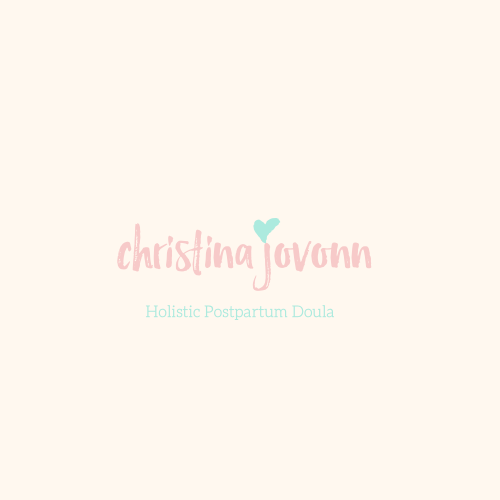A traumatic birth is a child birth experience that is not what you hoped. According to the National Institutes of Health, a staggering up to 45% of new mothers experience what’s known as birth trauma. Many factors can contribute to birth trauma, and it’s not just about the physical aspects. Yes, the physical strain and unexpected complications during delivery play a significant role, but the emotional and psychological impacts are just as significant.
One common thread among many who experience birth trauma is the feeling of a loss of control or the sense that their childbirth experience was vastly different from what they had hoped or planned for. This discrepancy between expectation and reality can be a profound source of distress.
Recovering from a challenging birth experience can often feel like navigating rough waters. It’s crucial to understand that the path to healing isn’t just about returning to where you were, but about discovering a stronger, more resilient version of yourself. As we explore ways to heal and reconnect, it’s vital to approach this journey with patience and self-compassion.
To begin reconnecting after a traumatic birth, start by acknowledging and accepting your emotions. It’s okay not to feel okay during this period filled with a range of feelings. Seeking support through therapy or groups can be transformative, providing a safe space to share, validate, and learn coping strategies while connecting with a supportive community.
Prioritizing physical well-being is as essential as emotional healing. Gentle activities like walking, yoga, or pelvic floor exercises can aid in physical recovery. A nourishing diet rich in whole foods supports the body’s healing process. Practices like meditation and mindfulness foster a deeper connection with oneself, promoting understanding and acceptance of the journey.
Mothers who heal and reconnect are not only benefiting themselves but also contributing to a more compassionate world. Feeling supported enables them to nurture their children effectively, creating a positive ripple effect of love and understanding beyond their immediate circle. By focusing on healing postpartum, mothers not only parent better but also foster a culture that values well-being.
This holistic postpartum care approach has the potential to shape a global society that respects, supports, and empowers new mothers, allowing them to heal and flourish. By advocating for these principles, we pave the way for a world where mothering is enhanced, building communities that are resilient, interconnected, and compassionate.
Magically Yours,
Christina Jovonn ✨💕




